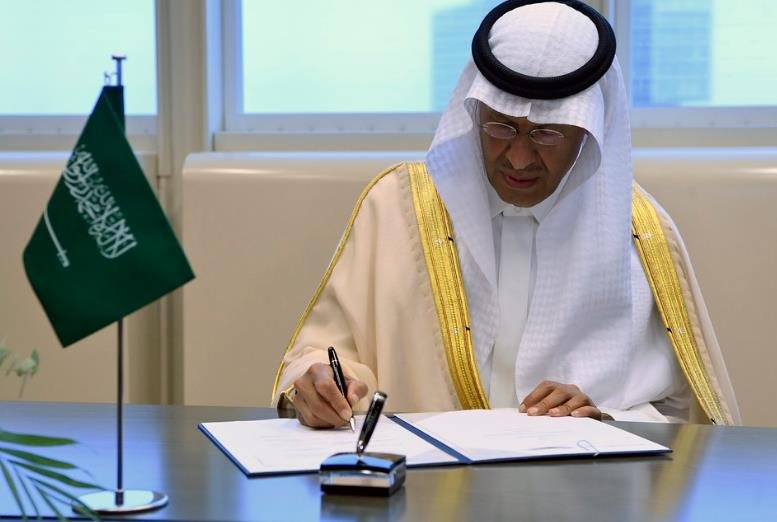The Saudi Cabinet recently convened to review the progress of Vision 2030, the Kingdom’s ambitious reform plan aimed at diversifying the economy and reducing its dependence on oil. The meeting also focused on strengthening international relations and discussing key agreements that align with the Vision 2030 objectives. The Cabinet’s review highlighted significant achievements and ongoing efforts to transform various sectors, enhance the quality of life for citizens, and position Saudi Arabia as a global leader in various fields.
The Saudi Cabinet’s review of Vision 2030 progress showcased several milestones achieved since the plan’s inception. The Kingdom has made strides in diversifying its economy, with significant investments in non-oil sectors such as tourism, entertainment, and technology. These efforts have resulted in increased job opportunities and economic growth, contributing to the overall development of the country.

In addition to economic diversification, Vision 2030 has also focused on social reforms. The Kingdom has implemented various initiatives to enhance the quality of life for its citizens, including improvements in healthcare, education, and housing. These reforms have been well-received by the public and have contributed to a more inclusive and prosperous society.
The Cabinet also discussed the challenges faced in implementing Vision 2030. Despite the progress made, there are still areas that require further attention and improvement. The government remains committed to addressing these challenges and ensuring the successful realization of Vision 2030’s goals.
Strengthening International Relations
The Saudi Cabinet emphasized the importance of strengthening international relations as part of Vision 2030. The Kingdom has been actively engaging with various countries and international organizations to foster cooperation and build strategic partnerships. These efforts have resulted in numerous agreements and collaborations that support the Vision 2030 objectives.
One of the key areas of focus has been enhancing economic ties with other nations. The Kingdom has signed several trade agreements and investment deals that aim to boost economic growth and create new opportunities for businesses. These agreements have also facilitated the transfer of knowledge and technology, contributing to the development of various sectors in Saudi Arabia.
In addition to economic cooperation, the Kingdom has also been working on strengthening cultural and educational ties with other countries. Various exchange programs and initiatives have been launched to promote mutual understanding and collaboration in these areas. These efforts have helped to build a positive image of Saudi Arabia on the global stage and foster goodwill among nations.
Key Agreements and Collaborations
The Saudi Cabinet’s review also highlighted several key agreements and collaborations that have been established as part of Vision 2030. These agreements cover a wide range of sectors, including energy, technology, and infrastructure, and are aimed at supporting the Kingdom’s development goals.
One of the notable agreements discussed was the partnership with international energy companies to develop renewable energy projects in Saudi Arabia. These projects are expected to significantly contribute to the Kingdom’s goal of increasing the share of renewable energy in its energy mix. The collaboration with global technology firms has also been instrumental in advancing the Kingdom’s digital transformation efforts.
The Cabinet also reviewed agreements related to infrastructure development. Several major projects have been initiated in collaboration with international partners, including the construction of new transportation networks and urban development projects. These initiatives are expected to enhance the quality of life for citizens and support the Kingdom’s economic growth.
The review of these agreements and collaborations underscores the Kingdom’s commitment to achieving the Vision 2030 objectives. The Saudi government remains focused on building strong partnerships and leveraging international expertise to drive the country’s development and transformation.
